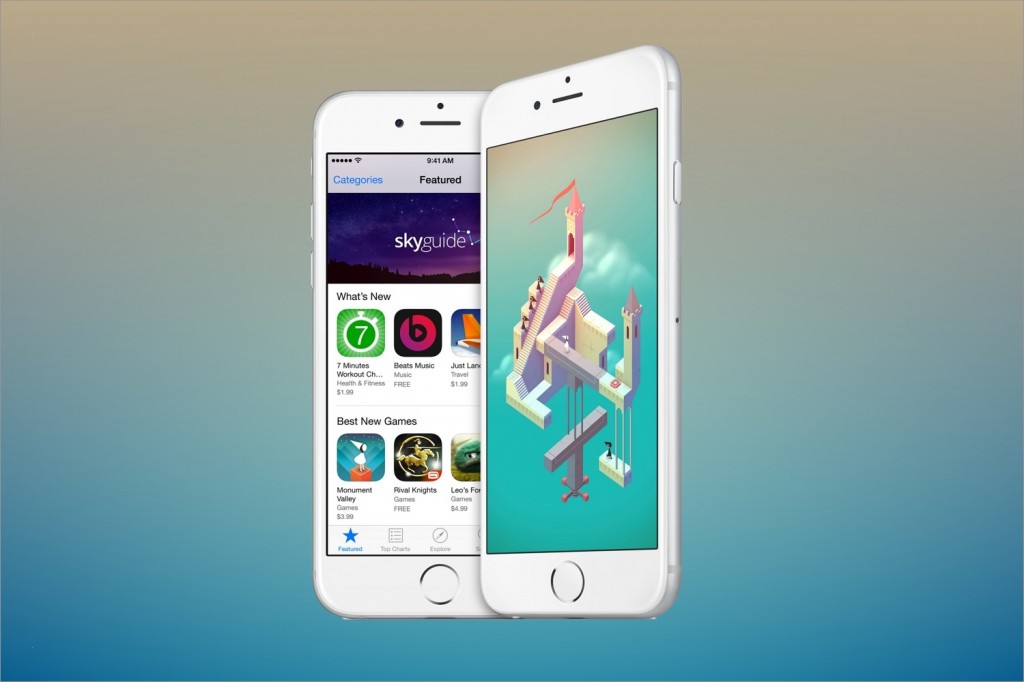
With the latest frenzy in the long anticipated wait for Apple’s iPhone 6 and iPhone 6 Plus comes the controversy between Apple and Android yet again. The iPhone has the reputation of being the most technologically advanced smartphone, yet it has an irksome habit of “copying” the distinctive qualities of the Android.
The newly released Apple is eerily similar to past Android models, 4.7 and 5.5 inch screens, enhanced resolution, and a longer battery life (according to the Wall Street Journal). Apple has also cleverly installed components to conveniently ease the complications due to its cumbersome size, with gestures that allow the thumb to access any corner of the screen.
Apple has implemented a crafty marketing system to convince Android users to finally make the switch. Apple has managed to differentiate itself as a unique brand while mimicking its competition, and therefore can successfully lure in hesitant Android-users. Apple should continue with this strategy, as they are satisfying current consumers as well as attracting those from competitors’ markets. The iPhone has a myriad of points of differences compared to the Android, such as iMessage, fingerprint unlocking, and many Apple-exclusive apps. By maintaining these and inventing novel PoDs, as well as converting Android’s PoDs into PoPs, they will sustain their competitive advantage in the smartphone market.